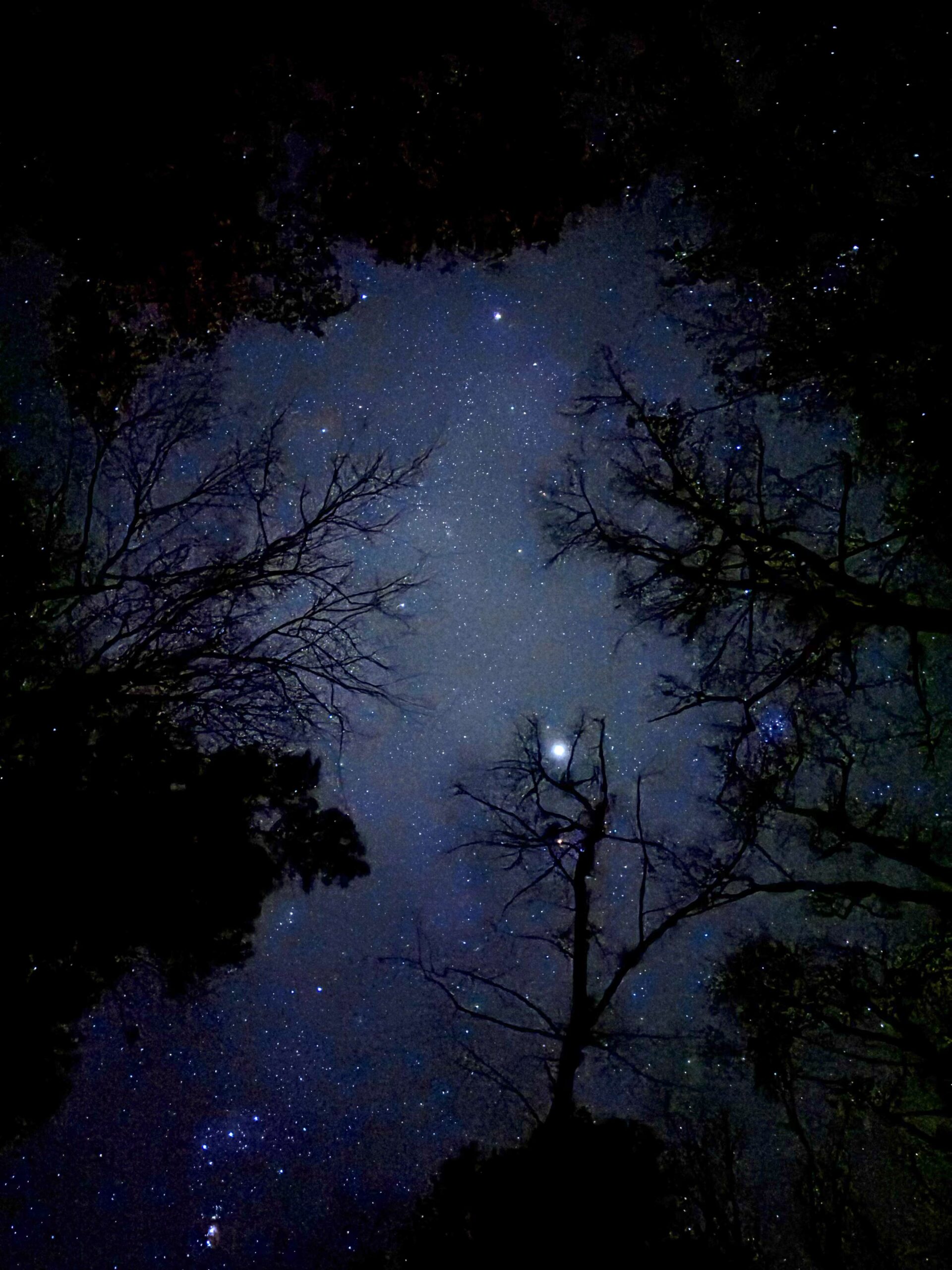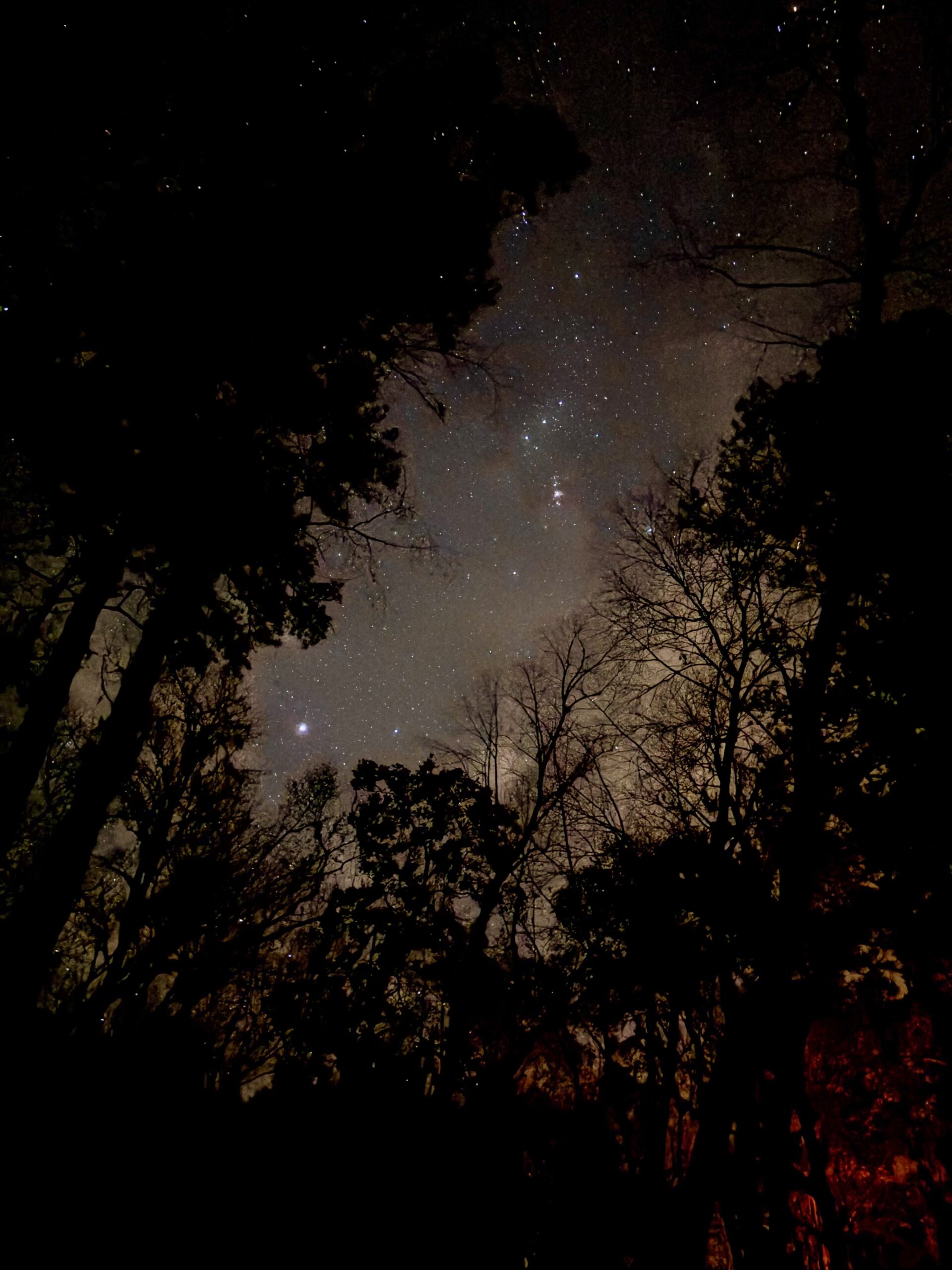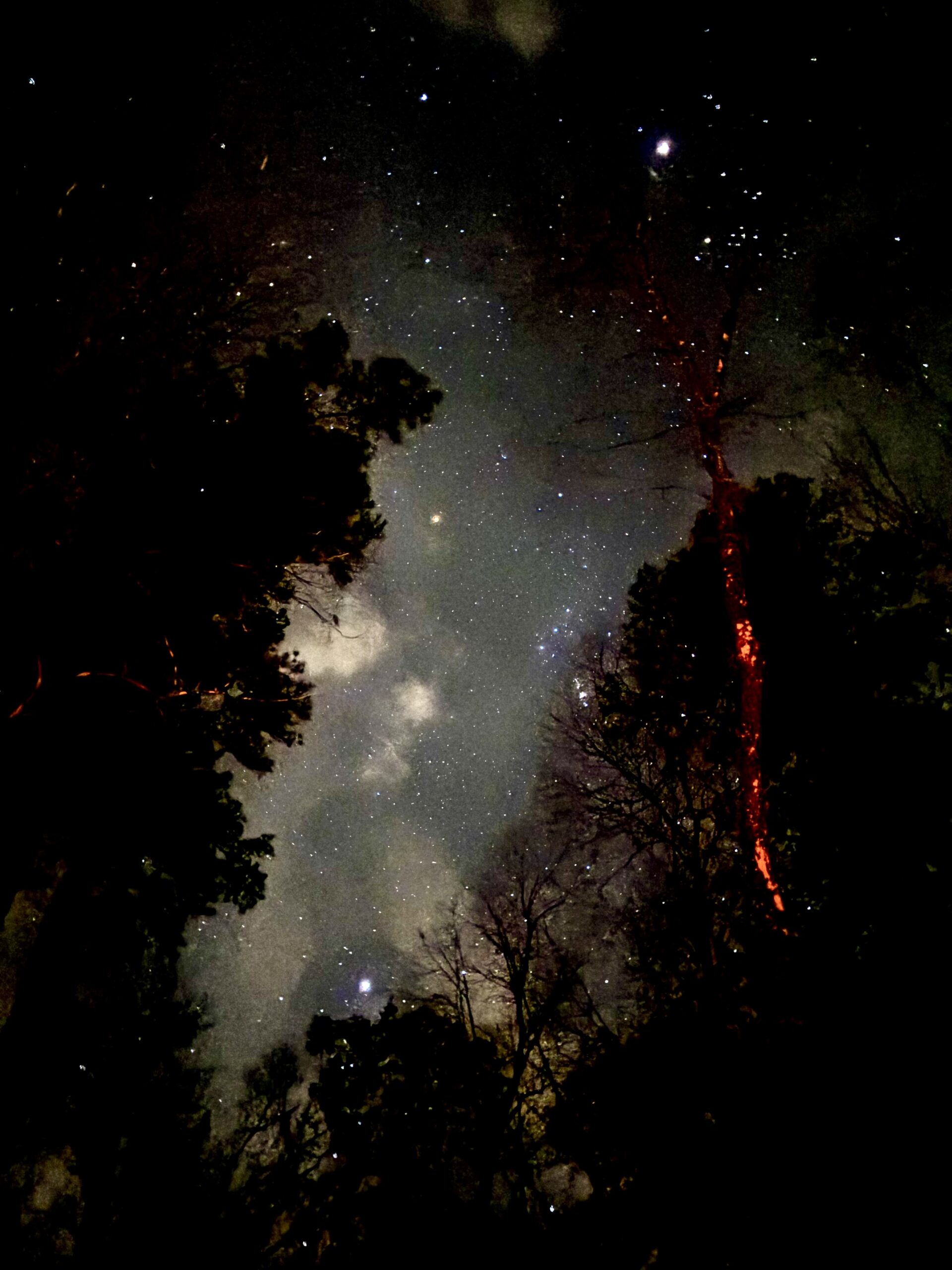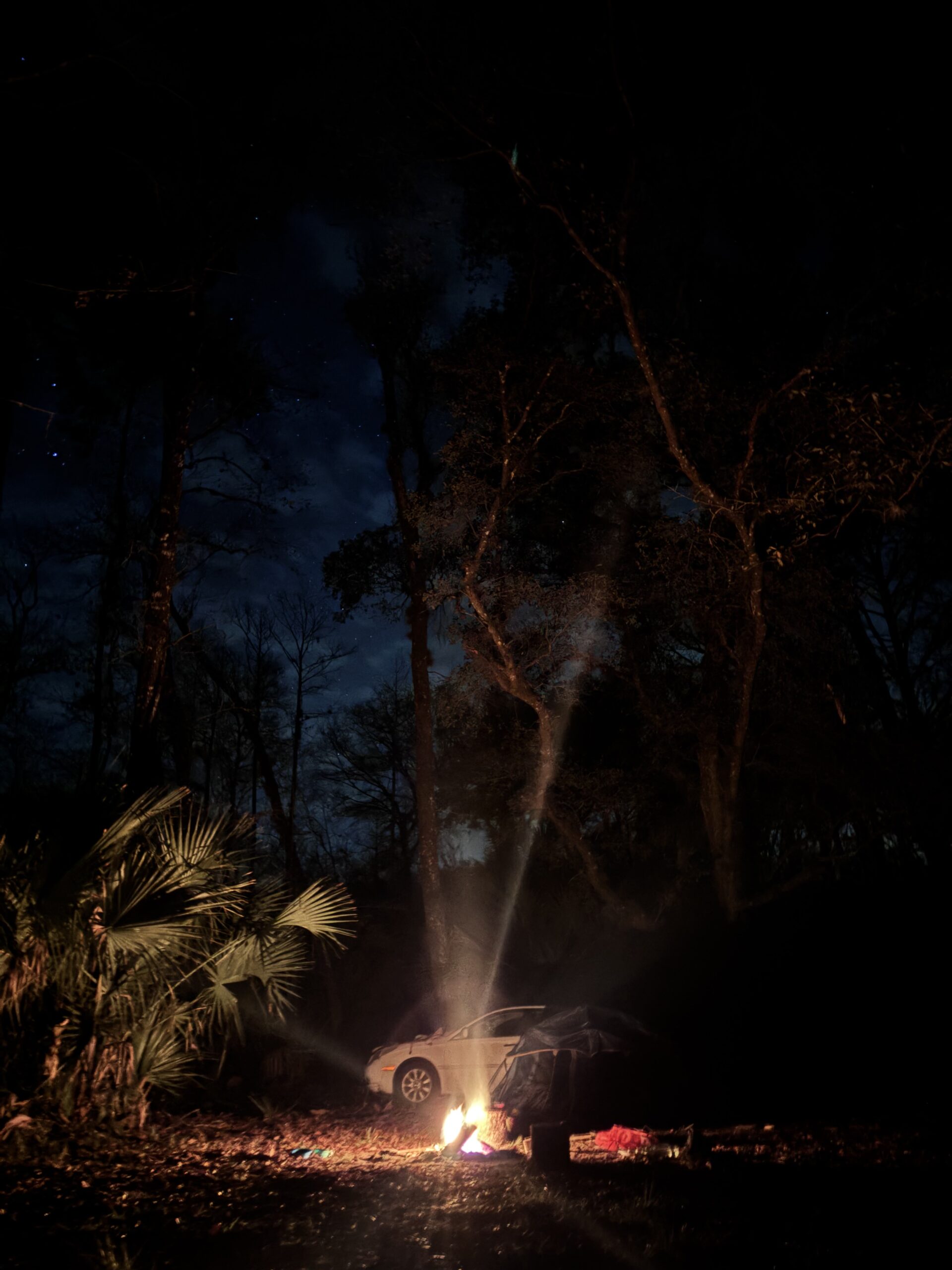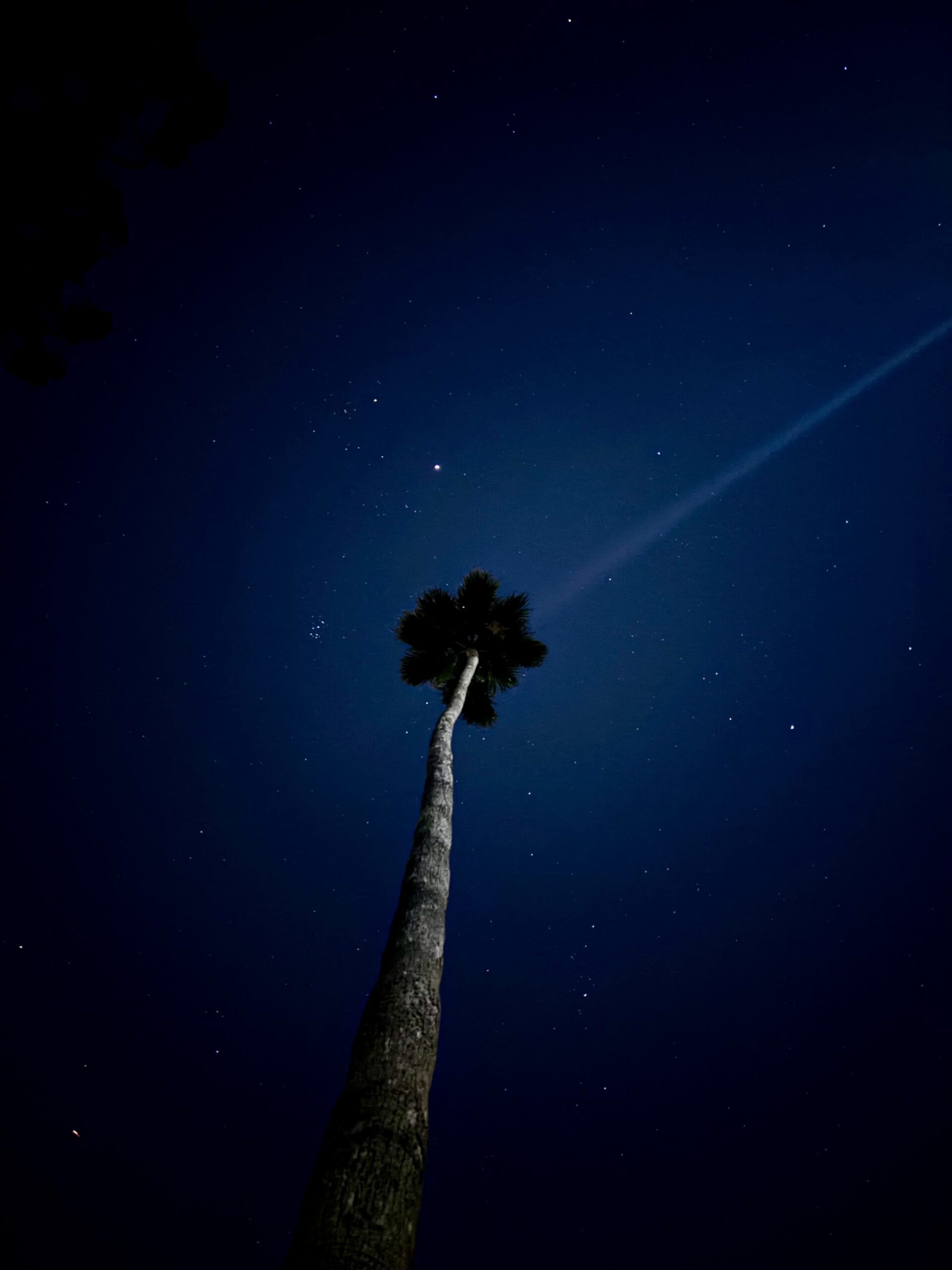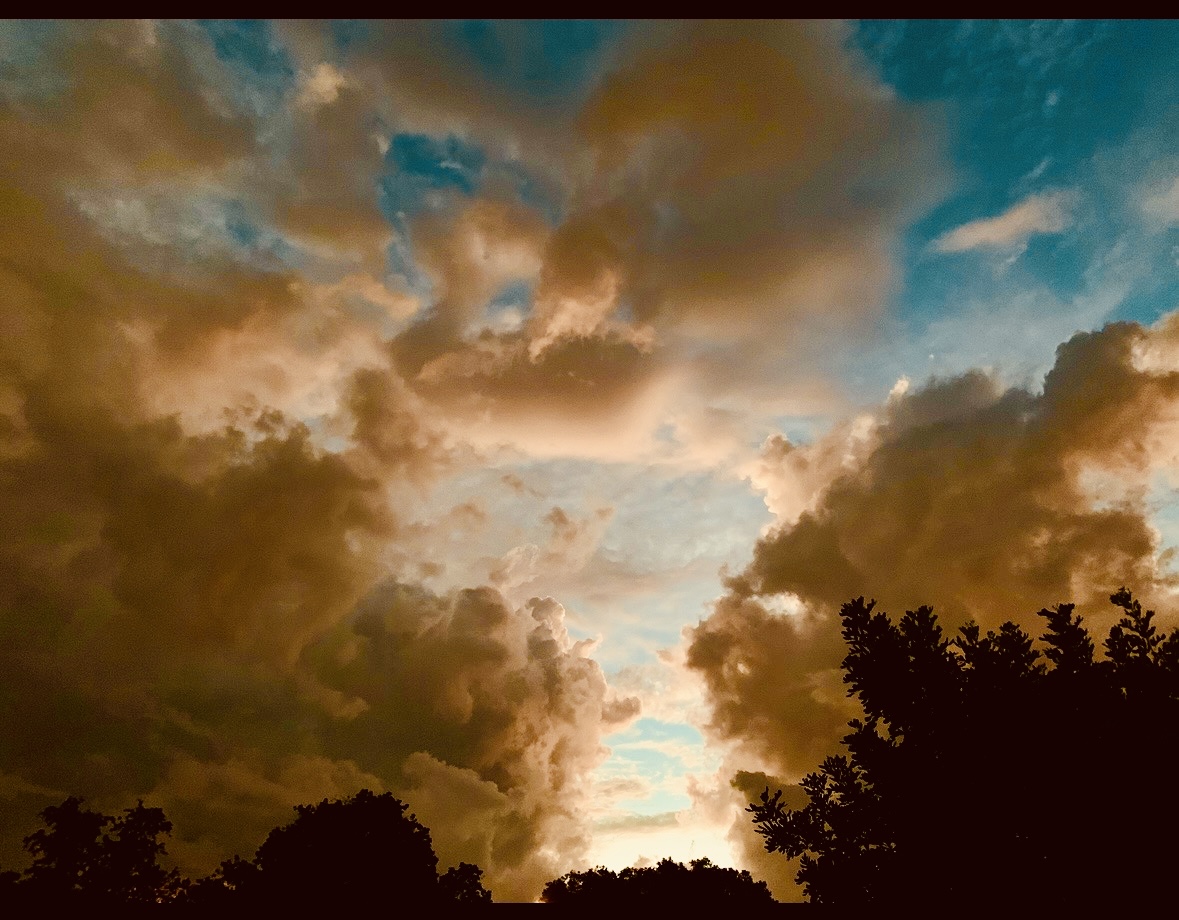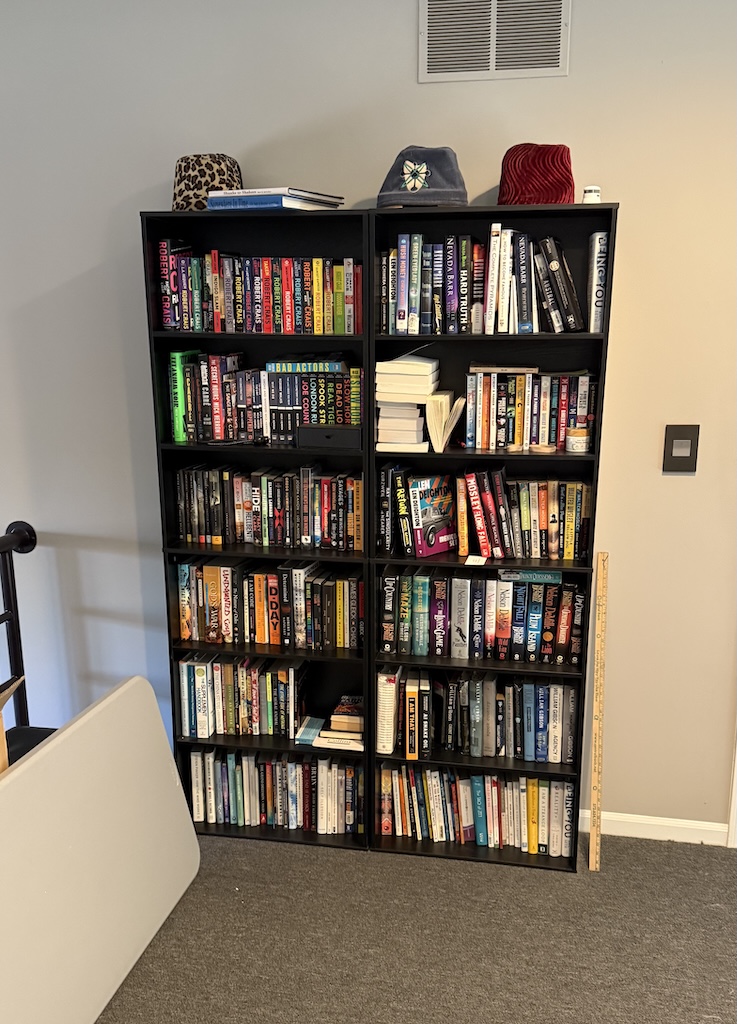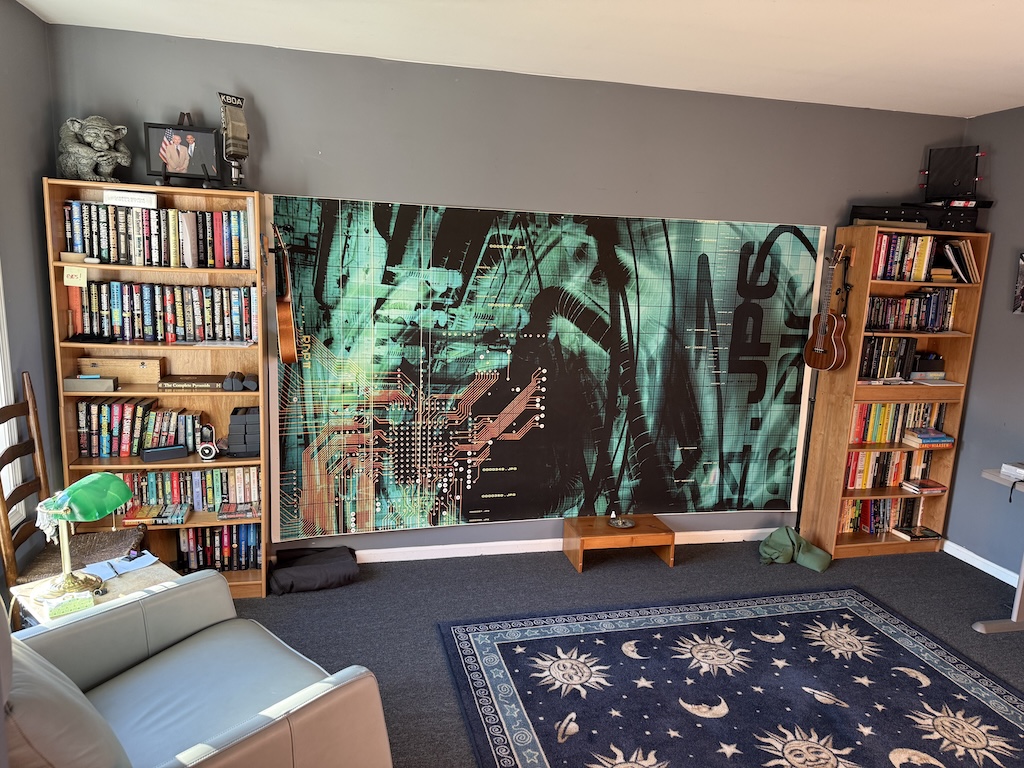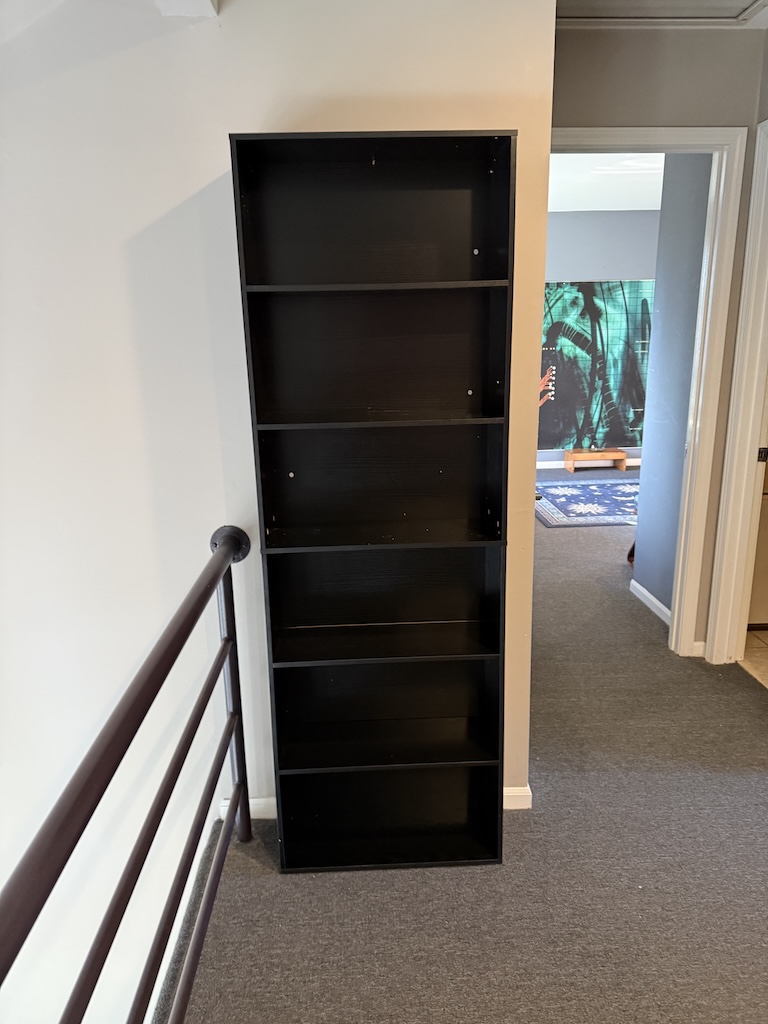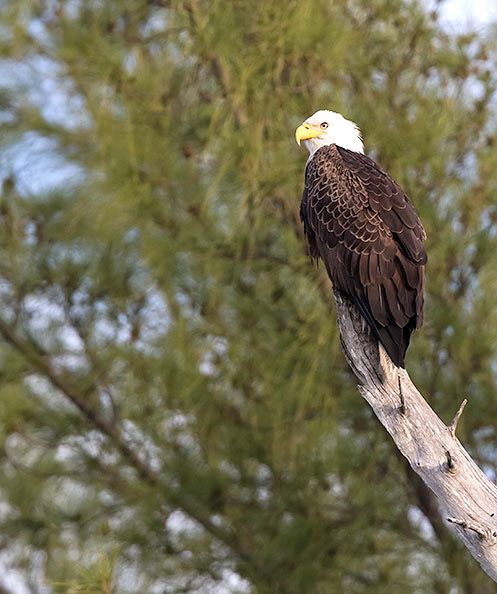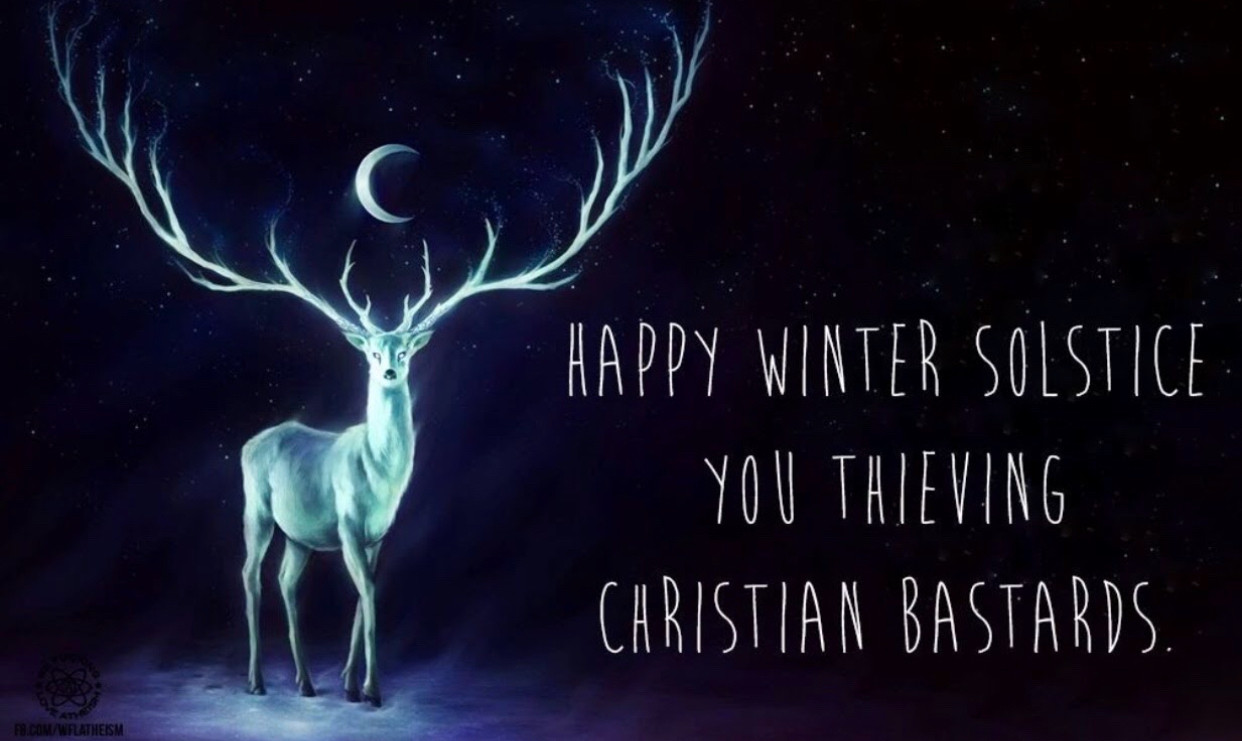I’ve been thinking about a “things-Steve-put-on-his-blog-in-2004” post. With 252 posts it could quickly get out of hand and become one of those endless Xmas letters people send out and almost nobody reads. (Much like this post) It seems unlikely anyone would want to browse all 252 posts but this link will pull them up or you can jump to the first posts of the year.
- If one topic dominated throughout the year it was Artificial Intelligence. Mostly ChatGPT/DALL•E and Perplexity. Fifty-two posts (20% of all posts).
- Fell and broke my arm in early February so did lots of reading this year, passing 1,000 books in my LibraryThing in March. (I only read about 50 books in 2024)
- I created and posted a fair amount of video in 2024 and I started playing with the DJI Osmo Pocket 3 camera in April but found it had almost too many features so it set on the shelf for much of 2024.
- Had a lot of fun with the Jeep this year and drove it topless for most of the summer.
- My meditation streak (2,288 consecutive days) ended in July when I just forgot. Less traumatic and more liberating than I expected.
- Not sure about a date but I moved from Google’s cloud to iCloud this year in anticipation of Apple Intelligence with came late in the year.
- Barb and I killed three Copperhead snakes last summer and I dispatched an armadillo and a possum.
- After ten years I finally broke down and got an Apple Watch. Don’t know how l got by without out one. Yes, I’ve become one of those annoying Apple Watch people.
- Started letting my hair grow in the fall and don’t plan to cut it as long as Keith Richards is still alive.
- Around the end of October I started using Apple’s Journal app.
- In December I got to try Sora, an AI-powered platform that generates videos based on text prompts, and Apple’s Image Playground
See what I mean? Just like one of those Xmas letters that nobody reads. But this is blogging in its purest form

